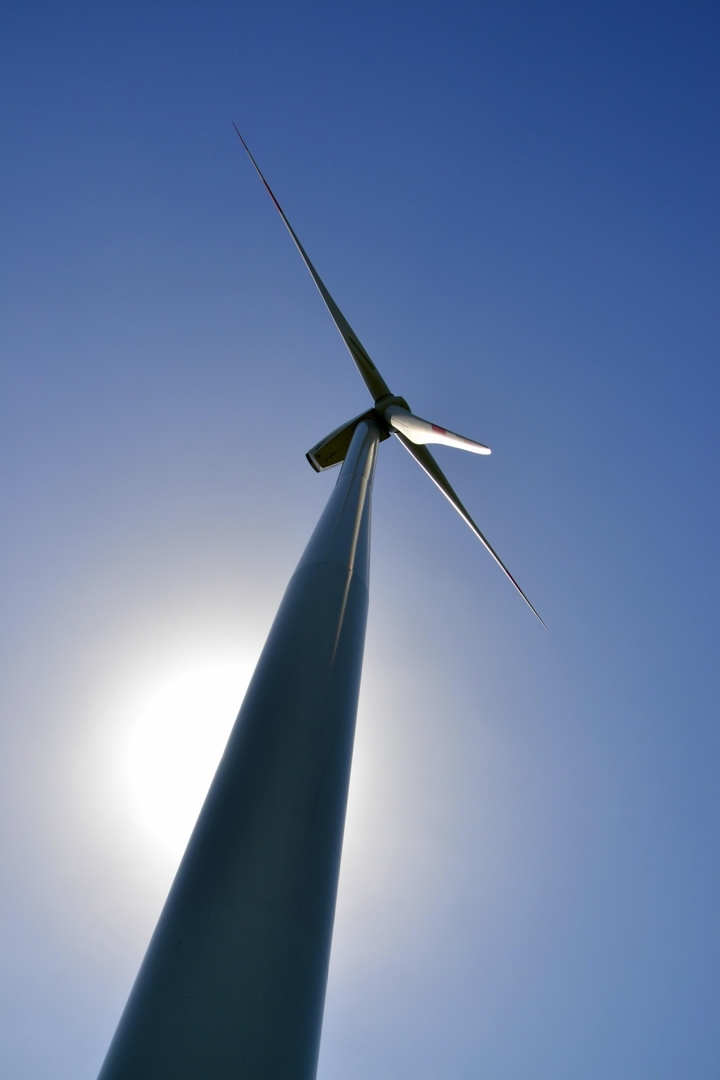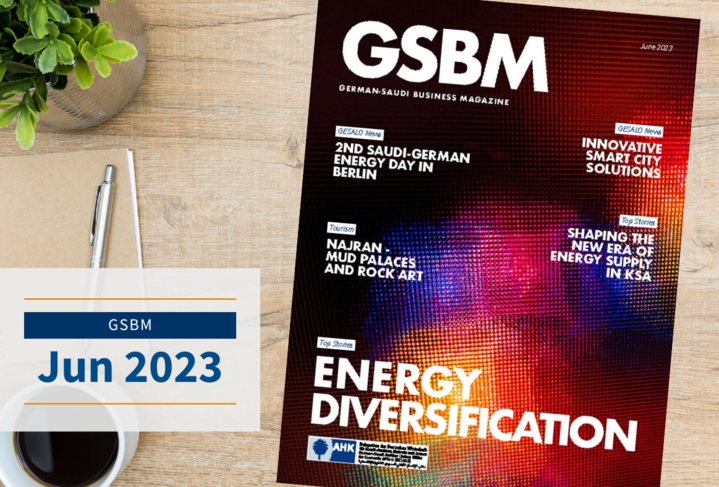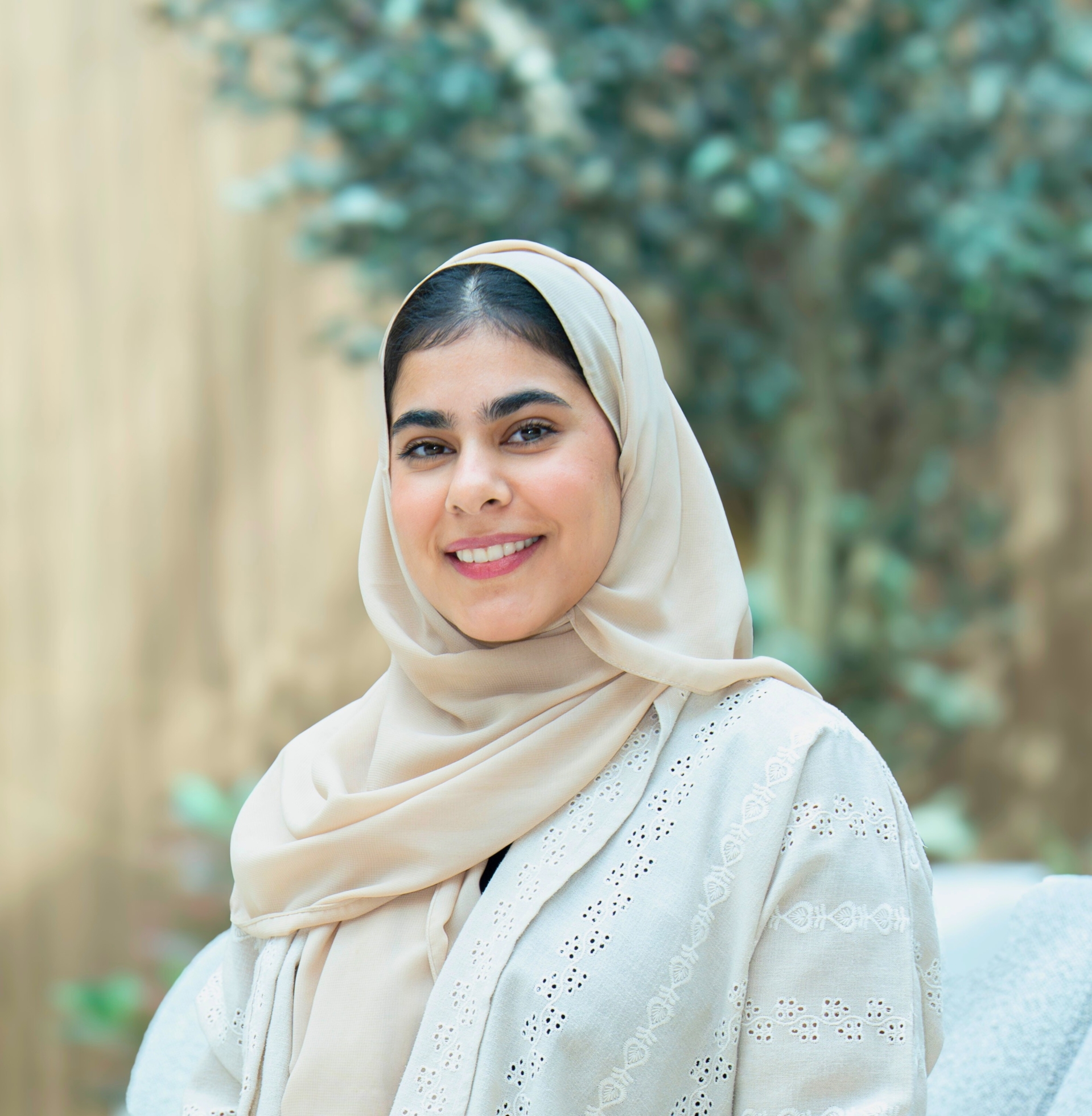
Energy Sector Saudi Arabia
Saudi Arabia is one of the largest producers and exporters of oil and natural gas in the world, which makes the energy sector a central economic driver. To reduce dependence on these finite resources and to position itself strategically in the growing world market for renewable energies, Saudi Arabia is focusing on renewable energies (RE) such as solar, CSP, wind power technologies, and hydrogen.
Saudi Arabia has already built several solar and wind power plant and is currently working on building the world's largest hydrogen production plant in NEOM. Also, in neighboring Bahrain, the expansion of renewable energy plays a key role in the economy's efforts to diversify.
Saudi Arabia has taken several initiatives in recent years to diversify the energy sector and promote renewable energy sources. In 2019, the country announced the construction of multiple solar and wind power plants that are expected to provide a total of 60 gigawatts of renewable energy by 2030. Saudi Arabia also plans to build nuclear power plants to reduce its dependence on fossil fuels and ensure a clean energy supply.
In addition to wind and solar power, Saudi Arabia is building up its capacities in the field of hydrogen production. The Saudi Aramco company has been exporting blue hydrogen since 2020 and is aiming to produce green hydrogen in the long term. In NEOM, the largest mega-project under Vision 2030, Saudi Arabia is building the world's largest hydrogen plant.
In addition to promoting renewable energy, Saudi Arabia has also taken steps to make its oil and gas production more efficient and environmentally friendly. The country has invested in cutting-edge technologies such as Carbon Capture Technologies to reduce the oil industry's carbon footprint. The kingdom has also announced plans to modernize and privatize its oil and gas industry to make it more competitive and attract new investment.

Hydrogen - central to Saudi Arabia's energy sector
Green Hydrogen
Hydrogen is central to Saudi Arabia's plans to transform the energy sector. Therefore, the kingdom is increasingly investing in technologies that enable the production, storage, and transport of hydrogen. Saudi Arabia has planned $6 billion worth of green hydrogen projects. The $500 billion Helios Green Hydrogen and Ammonia Project in NEOM is a collaboration between ACWA Power, AirProducts, and NEOM. The plant is scheduled to be operational by 2025 and will export 650 tons of green hydrogen per day.
Blue Hydrogen
In addition, the oil company Saudi Aramco is already producing blue hydrogen. A memorandum has been signed between Aramco, Modern Industrial Investment Holding Group (MIG), and Intercontinental Energy (IE) for the development of new green hydrogen and ammonia production units.
Hydrogen Alliance
Additionally, the kingdom has formed a hydrogen alliance with Germany to research and develop clean hydrogen technologies and solutions. Euler Hermes, a German export credit agency, and KfW, a German development bank, are in talks about financing the NEOM project.
Energy Sector in brief
- Renewable energies (solar, CSP, wind)
- Carbon capture & storage technologies
- Industrial and commercial efficiency
- Green hydrogen production
- Digital transformation (smart grids, predictive maintenance systems and data analysis)

-
in 2060 Net-Zero Carbon Emission
Saudi Arabia intends to achieve net zero carbon emissions by 2060.
-
221,2 Mrd. US-Dollar
Market Volumn
-
6 Billion US-Dollar
Saudi Arabia has planned $6 billion worth of green hydrogen projects.
Energy sector in Bahrain
Bahrain is a small but energy-intensive country that focuses on oil and gas exports to boost its economy. The energy sector is the country's largest industry, accounting for about 80% of GDP.
As early as the 1970s and 1980s, the kingdom tried to diversify its economy and established itself as a leading regional financial center. With Vision 2030, the kingdom has been in an economic and social transformation process for years, which aims to further diversify the economy. Like Saudi Arabia, Bahrain aims to reduce long-term dependence on crude oil and gas.
The oil and gas industry drives national economic development in the country, which is a member of the Organization of the Petroleum Exporting Countries (OPEC). In recent years, Bahrain has taken initiatives to reduce its dependency on oil and gas and to accelerate the expansion of renewable energy. In 2017, Bahrain announced plans to build a 100-megawatt solar power plant that would provide about 5% of the country's electricity needs.

Renewable energies in Saudi Arabia and Bahrain
Saudi-Arabien
Saudi Arabia intends to achieve net zero carbon emissions by 2060 and is primarily focusing on the expansion of renewable energies such as solar, CSP, and wind power technologies. The National Renewable Energy Program (NREP), published in 2018, aimed to increase renewable energy capacity to 9.5 gigawatts by 2023. However, this target has now been raised to 58.7 gigawatts.
In April 2021, Saudi Energy Minister Abdulaziz bin Salman announced that the kingdom will implement solar projects with a total capacity of 5 to 7 gigawatts each year. By 2030, PV systems with a total capacity of 40 gigawatts are to be connected to the grid and thus supply the majority of the targeted 58.7 gigawatts of renewable energy.
The expansion of renewable energies offers opportunities for German companies to position themselves with appropriate solution concepts in the Saudi market. The integration of solar, CSP, and wind power technologies in visionary mega projects such as NEOM and The Red Sea Project offers German technology developers, infrastructure builders, service providers, and producers a wide range of opportunities to establish themselves in the Saudi market.
The chart below shows how Saudi Arabia plans to roll out PV, CSP, and wind turbines for electricity generation across the country by 2030.
Bahrain
The expansion of renewable energies offers opportunities for German companies to position themselves with appropriate solution concepts in the Saudi market. The integration of solar, CSP, and wind power technologies in visionary mega projects such as NEOM and The Red Sea Project offers German technology developers, infrastructure builders, service providers, and producers a wide range of opportunities to establish themselves in the Saudi market.
The chart below shows how Saudi Arabia plans to roll out PV, CSP, and wind turbines for electricity generation across the country by 2030.
With Vision 2030, the kingdom has been in an economic and social transformation process for years, which aims to further diversify the economy. Like Saudi Arabia, Bahrain aims to reduce long-term dependence on crude oil and gas.
The oil and gas industry drives national economic development in the country, which is a member of the Organization of the Petroleum Exporting Countries (OPEC). In recent years, Bahrain has taken initiatives to reduce its dependency on oil and gas and to accelerate the expansion of renewable energy. In 2017, Bahrain announced plans to build a 100-megawatt solar power plant that would provide about 5% of the country's electricity needs.
Potential for German Companies
The expansion of renewable energies offers German companies numerous opportunities to position themselves in the Saudi market with corresponding solution concepts. The integration of solar, CSP and wind power technologies into visionary megaprojects such as NEOM, The Red Sea Project and King Salman Energy Park offer German technology developers, infrastructure builders, service providers and producers a wide range of opportunities to establish themselves in the market.
The Kingdom has also formed a hydrogen alliance with Germany to research and develop clean hydrogen technologies and solutions. Furthermore, the demand for innovative approaches in the field of sustainable energy production and storage is constantly increasing.
GSBM June Edition 2023 | Topic: Energy
GESALO facilitated trips with the Ministry of Energy, the Ministry of Investment and the National Industrial Development...
View more
Memorandum of Understanding on German-Saudi hydrogen cooperation
An initiative of the Federal Ministry of Economic Affairs and Energy (BMWi)
View more
Project Exploration Trip Energy Infrastructure Saudi Arabia | September 2025
Energy infrastructure with a focus on decentralized smart grids and transnational grid connections in Saudi Arabia, organized...
View more
Get in touch
-
Dr. Dalia Samra-Rohte
Delegate of German Industry and Commerce for Saudi Arabia, Bahrain and Yemen
+966 50 549 8956 / +966 920005863 Ext.: 104 rohte@ahk-arabia.com saudiarabien.ahk.de -
Ms. Fatima Bakhsh
Head of German Desk in Eastern Province and Bahrain DE international
+966 55 930 0150 bakhsh@ahk-arabia.com saudiarabien.ahk.de -
Mrs. Najah Alkutbi
Head of Market Entry - DEinternational DEinternational
+966 55 703 0376 / +966 920005863 Ext.: 107 alkutbi@ahk-arabia.com saudiarabien.ahk.de





